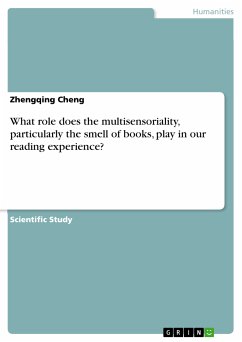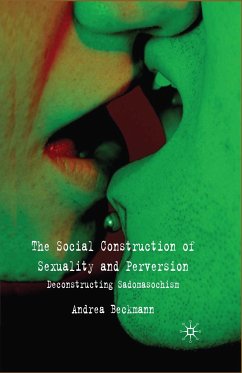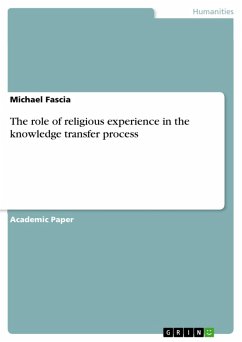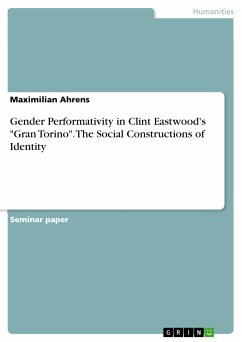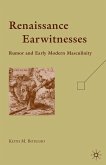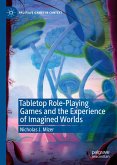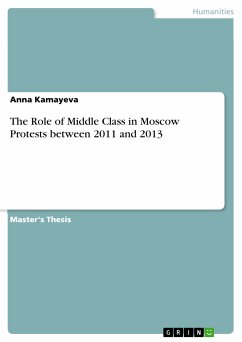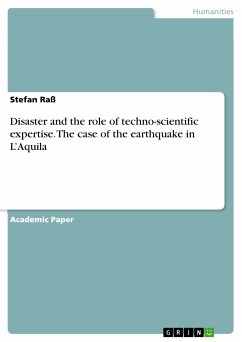Scientific Study from the year 2016 in the subject Sociology - Miscellaneous, grade: 80.00, , course: Language and Culture, language: English, abstract: The fondness for the smell of the seaside makes you travel to the seaside more, the affection for the smell of bread makes you stop by at bakeries more, or the preference for the smell of new cars encourage you to save up to purchase a car. My question is, does the aroma of books, to some extent, lead people to read? How and to what extent does it affect our reading experience? To what extent is reading a multisensory experience, particularly smell, as opposed to a purely cognitive one? If it does shape our reading experience, how and why? The reason I chose this topic was that the smell is one sense from five senses that technology hasn't been able to recreate, yet. I'm definitely not trying to argue that printed books outweigh e-books and call for abandoning kindle. This paper started with my curiosity about how the volatile digression products of paper and hundred of volatile organic compounds (VOCs) released from the book contribute to the pleasure of reading and result in the act of acquiring knowledge. Therefore, I conducted a survey among 25 students and studied the online discussion thread of the smell of books. This essay will consist of two parts: 1. the aroma's internal influence: how do we feel about reading 2. its external function: how it affects how we present ourselves to the public.
Dieser Download kann aus rechtlichen Gründen nur mit Rechnungsadresse in A, B, BG, CY, CZ, D, DK, EW, E, FIN, F, GR, HR, H, IRL, I, LT, L, LR, M, NL, PL, P, R, S, SLO, SK ausgeliefert werden.

